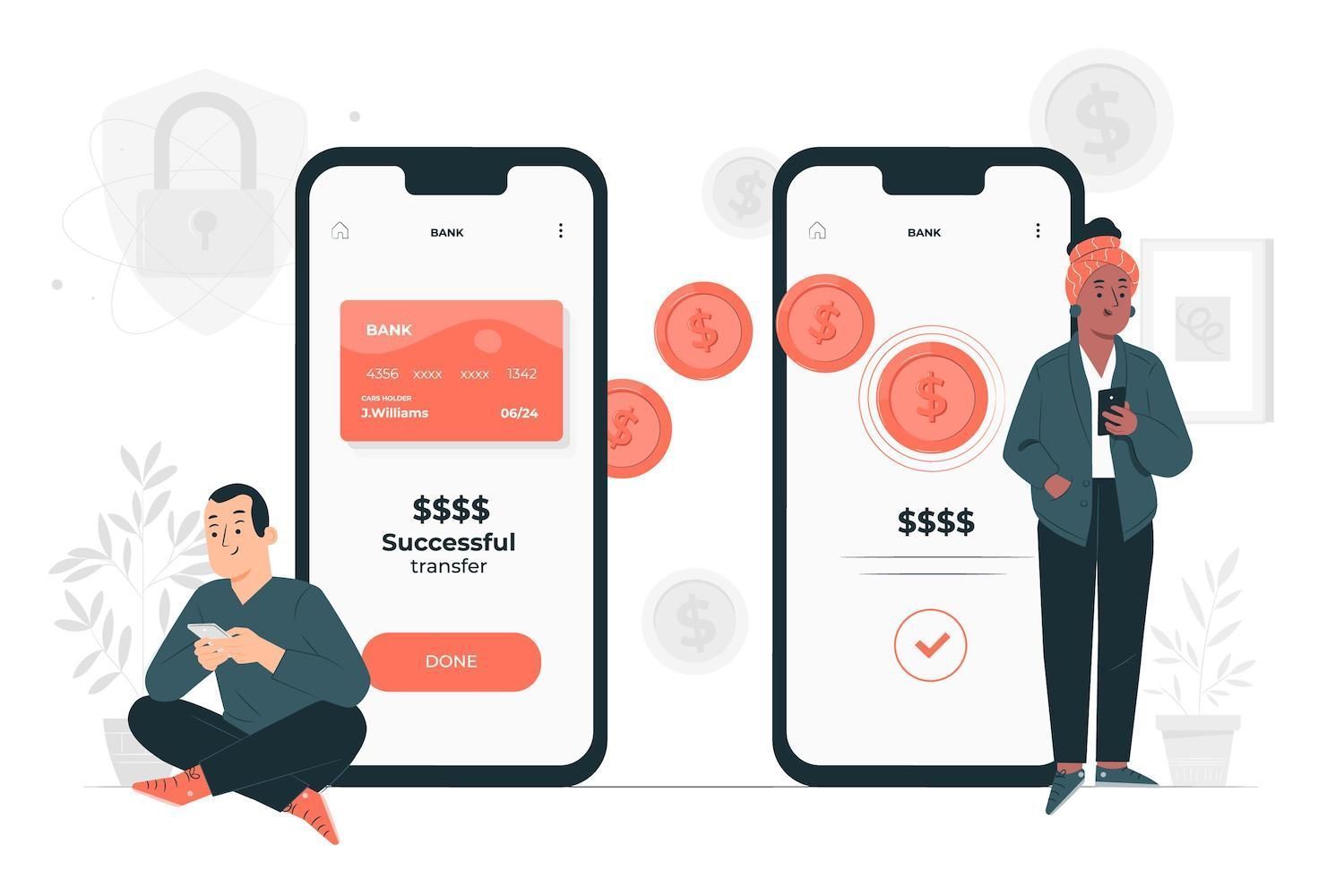What exactly is it Epic would like to see on App Stores that other game developers Really Want? -
When mobile app and game developers are struggling to breathe under the duopoly tax that cut 30 percent off nearly every gaming dollar on mobile, Epic Games has emerged as the leading gaming company seeking to make open computing a reality in mobile.
Privately, they asked both big and small studios to present games with that they were looking for in games, and this was what they wanted to observe.
Background: The slow death of Open Computing, and the 30% tax on applications
Computing has never been easier to access as it is today. Since its inception, game and software makers have relied on the flexibility of computers PC and Mac platforms as it allows game creators to design their games in any manner they wish, as well as maintain a close relationship with players, as well as select methods of payment that fit the demands of their gamers. There were no gatekeepers, just a computer players or games. Nowadays, the world changes.
Today, over half of screen time to use computers is spent on smartphones, and this is on the rise, as well as greater than all smartphones' percentage of the market is held by Apple and Google. Due to the dominance of smartphones on the market as well as the encroaching restrictions on distribution of games and internet commerce, the world that is dependent on the technology of computers is higher than it's previously been, and it creates huge cost for users in addition to app and game creators.
In both instances, Google as well as Apple's apps stores require the pay a 30 percent fee for the sales of games as well as other games-related products available through the respective platforms. Apple holds the supreme control over the distribution of games and other commerce-related items for iOS devices. Google lets OEM marketplaces for apps and load mobile games with sideloading however, it restricts the third-party payments in games that are available on Google Play.
Google Play does offer a payment integration that allows third-party companies can use only the top few game developers through"user preference billing. " user preference billing" test. The downside is that "user preferred billing" costs you a yearly marketplace fees of 26%, irrespective whether or not you opt to utilize the payment processor you own and assume all liability and responsibility to comply with payment.
The consequence of Apple and Google's dominance over the vast majority of computing around the globe is taxes on 30 percent of mobile apps as well as games. This tax is paid by players, but held back from game developers that limit access to computing for free as well as online shopping. Because this is the sole way to get free computing, developers of both big and small feel that they must make modifications.
What do you think of game developers who don't make games that aren't Epic?
The company's staff embarked on the course of a month to talk with game developers big and small about their expectations of what is expected regarding mobile app store policies. Though not all agreed in all areas, there are three of the most talked about issues that they told us they had in mind:
1. iOS to support sideloading games that do not display scary screens.
iOS is a time-bound system which allows "sideloading" apps and games that can be downloaded without the App Store, or from the website of the developer, or through an alternative market. Sideloading allows players to buy and developers to market and sell games in the way they wish and what gamers are prepared to pay for. Android permits sideloading of applications and games but only under the incredibly scathing alerts known as "scare screens" that inform people who have devices about the risk of "downloading applications from the web." The majority of the game creators who we talked to believed that Apple may allow sideloading. However, it's essential that Apple as well as Google avoid using self-serving screens that disparage applications that are distributed outside of their app stores.
2. Provide unlimited "steering" in addition to embedded payments through third-party payment systems.
Both Google as well as Apple have strict restrictions on prices and transactions that are made with different payment options outside the app store. Similar products can be offered for an affordable price for the consumer. However, game designers aren't able to steer their players to those alternatives as well as provide hyperlinks to other online shopping sites or even integrate purchasing the experience of a third-party to their game. A number of game developers have found that there are advantages to payments made using app stores, the overwhelming decision was to allow gamers and users to decide whether or not they want to be free of payment limitations and integrate these to their game.
3. A 0% cost for steering, as also embedded payment.
Giving embedded or steering payment options is completely different However, it's similar to the situation we've seen during the Google "user preferred billing" pilot. Having the ability to alter the method you invoice and having the financial motivation in doing so is two separate factors. The pilots for "user billing options" which included an astounding 26% transaction cost paid by third-party payment service suppliers. When you add in the fees of service providers, they provide a zero gain for the majority of game developers. The game developers we spoke to thought that a zero percent fee would be reasonable amount for transactions that are not part of the stores for applications. They mostly were the payment of app stores in order to boost game's download and the acceptance. But, it's evident that 26% of each transaction made by a third-party was not what the creators believed was reasonable.
What's next?
There are other nuanced wants around how applications function, which game developers want to understand. These three criteria constitute the base of what they consider to be the most important modifications to open computing on mobile devices.
About

David Nachman David is the director of the company which is the biggest and most reliable e-commerce service supplier for businesses that use software. David is in charge of managing the growth of the business and development, the foundation of their knowledge and ability to provide top-of-the-line services for the growing marketplace of software. In the past and over the course of 20 decades, David has held a range of roles including functional vice presidents and CEO posts at companies that experienced rapid growth. These included Vision, Velocify, and HireRight.
The article was published on this site
The article was published on this site
Article was first seen on here
